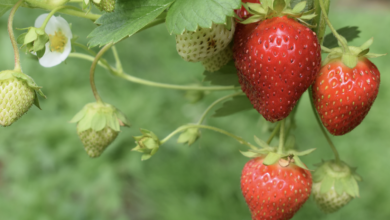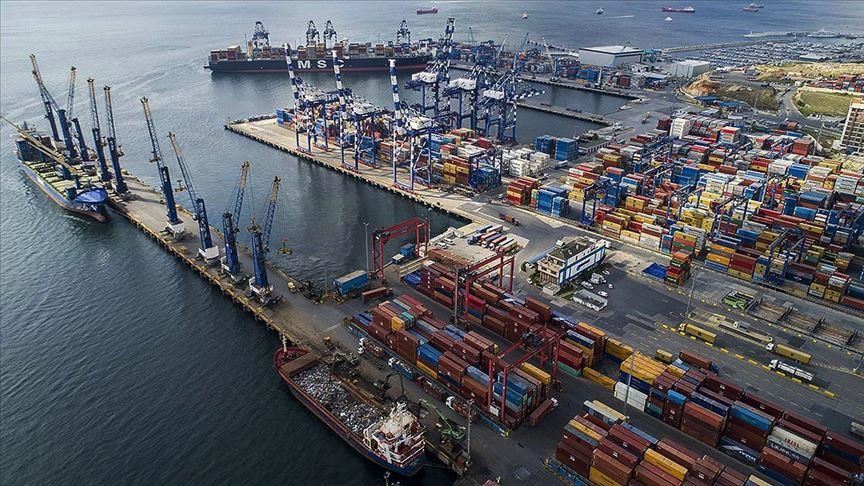An Egyptian decision to ban the export of closed palm fronds used in an upcoming Jewish festival is forcing Israel to seek ways to make up the shortfall, its agriculture minister said on Sunday.
In the past, Israeli dealers imported between 600,000 and 700,000 fronds, the vast majority of which came from Egypt's Sinai region.
The closed fronds of the date palm are used by Jews during the holiday of Sukkot – the Feast of Tabernacles – which begins on 12 October and lasts for seven days.
Following the Egyptian ban, the agriculture ministry "is encouraging local palm farmers to significantly increase the amount of fronds they will supply for the holiday," a statement from Agriculture Minister Orit Noked said.
Relations between Egypt and Israel, which have been bound by a peace treaty since 1979, entered a period of turbulence after the ouster of former president Hosni Mubarak by a popular uprising in February.
The Israeli embassy in Cairo was ransacked last weekend, forcing the evacuation of staff and the departure of the ambassador.
Egypt's envoy to Israel was summoned to the Israeli foreign ministry after Egyptian Prime Minister Essam Sharaf was quoted by official news agency MENA as saying that the peace treaty between the two states was "not sacred."
The Egyptian agriculture ministry gave no reason for its worldwide ban on frond exports, Israeli officials said.
They said it was not yet known whether Israeli farmers, who normally provide 200,000 fronds for the holiday, would be able to sufficiently boost production.
Licences to import the fronds from Jordan, the Gaza Strip and even Spain have been issued by the agriculture ministry.
Traders in Israel do booming business in the days leading to Sukkot, selling palm fronds.
The faithful wave the fronds about during the festival, which commemorates the 40 years the Jews spent wandering in the desert after their exodus from Egypt, according to scripture.




